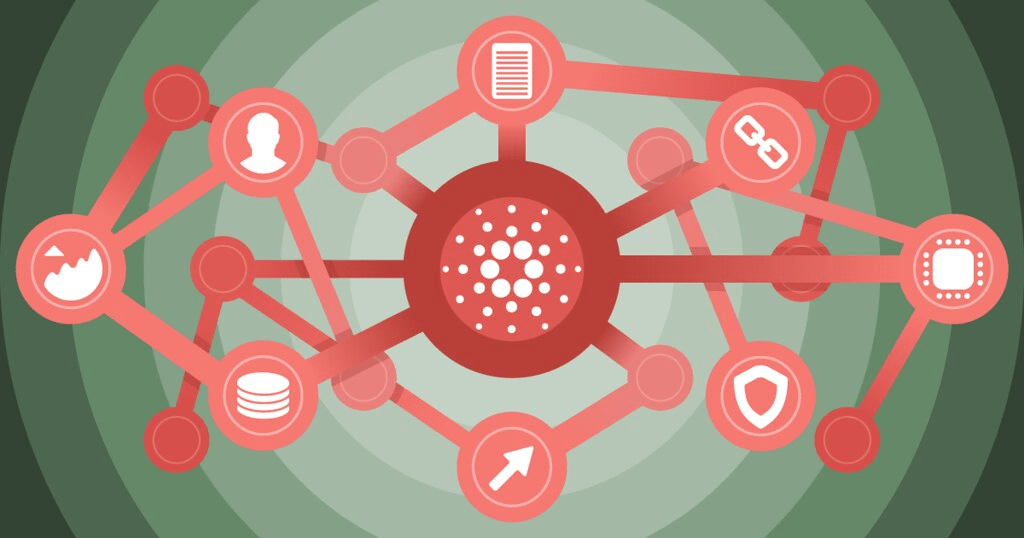Table of Contents
Validators play a crucial role in maintaining the network’s security and integrity. While validators produce blocks and verify transactions, they are not the only ones keeping the system in check.
This responsibility falls to “Fishermen.” Polkadot uses the technical term “Fishermen” for full nodes who are responsible for preserving the integrity of the nodes and network.
What Are Polkadot Fishermen?
On Polkadot, Fishermen are tasked with monitoring the network and reporting any malicious activity to validators. Any parachain can perform the role of a Fisherman on Polkadot. Polkadot employs several unique security measures, including Fishermen, who help maintain the overall security and integrity of the network. Polkadot uses a version of Proof-of-Stake called Nominated Proof-of-Stake. In this consensus mechanism, network participants (validators) propose and vote on transaction blocks. For their role, these validators are rewarded with a portion of the transaction fees generated from the blocks they have processed.
However, each consensus mechanism has a loophole, and Nominated Proof-of-Stake is no different. For example, validators can collaborate to censor transactions or indulge in double spending, compromising the integrity of the network. This is where Fishermen come into the picture.
What Is The Importance Of Polkadot Fishermen?
Fishermen on Polkadot are tasked with monitoring validator activity and reporting malicious activity. Think of them as referees who don’t participate in block production but look out for invalid states. Those who wish to become Fishermen must put forward only a small stake, making it accessible to a larger pool of network users. If a Fisherman detects malicious activity, they can “fish” for evidence by broadcasting proof of any malicious activity to the network. This can be used by other users on the network to punish the malicious validator in question and help protect the integrity and security of the network.
Fishermen are rewarded for reporting malicious activity to the Polkadot network. However, if they misreport any activity, they can lose their stake. This acts as a strong incentive for Fishermen to be vigilant and accurate when detecting any malicious activity on the network. This system ensures that Fishermen are motivated to act in the best interests of the network, as their own stake is at risk if they do not report accurately.
Fishermen also play a crucial role in preventing long-range attacks, a potential threat to the network’s security. In a long-range attack, an attacker with immense computing power or a large number of tokens could rewrite the history of the blockchain, potentially changing it to their advantage. The vigilance of Fishermen helps to mitigate this risk, ensuring the network’s security.
An Evolving Role
There is no fixed number of Fishermen on the network at a given time. The number of Fishermen nodes varies from network to network. For example, each parachain could have one Fisherman, while the Relay Chain could have multiple. However, the concept and role of Fishermen is a work in progress and can change as Polkadot continues to grow and evolve. For now, Fishermen represent an important development in the field of blockchains and shed light on the importance of decentralization and multiple layers of security to help secure the network.
Disclaimer: This article is provided for informational purposes only. It is not offered or intended to be used as legal, tax, investment, financial, or other advice.



